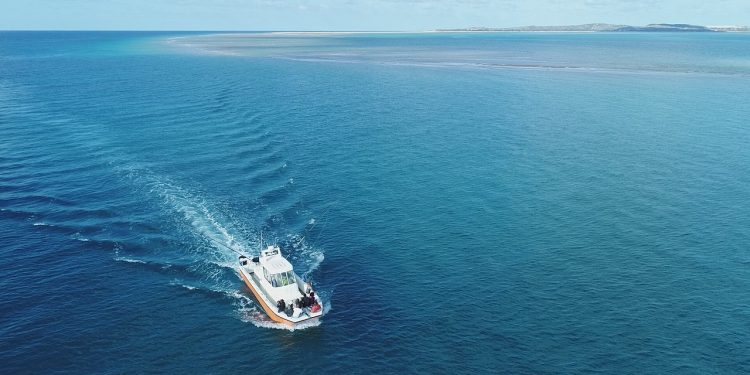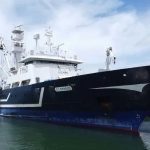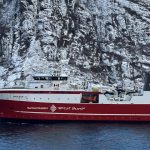The circular economy initiative driven by Spanish technology company Satlink to give a second life to echosounder buoys used in tropical tuna fishing is working with a new partner in Mozambique, the Bazaruto Center for Scientific Studies (BCSS).
The agreement signed between the two entities will allow ReCon to extend its reach in the Indian Ocean, preventing the smart buoys in this area from becoming technological waste due to sea currents or adverse weather factors. For its part, BCSS will use the recovered and reconditioned buoys and sensors to support oceanographic data collection of its Ocean Observatory infrastructure in Mozambique, with the aim of understanding and facilitating scientific data to protect the Western Indian Ocean (WIO) region marine habitats.
‘This agreement will allow us to incorporate the cutting-edge technology included in the intelligent high-tech buoys into our observation and scientific research projects, while at the same time contributing to eliminate potential environmental waste,’ said Dr. Mario Lebrato, Chief Scientist at the BCSS Ocean Observatory.
Specifically, the Ocean Observatory will use these devices to support its time-series observational oceanography studies on ocean temperature, and seawater chemistry variables – including tracking ocean acidification – with time-series of marine life biomass measurements in the water column to analyse its evolution and the impact of different environmental factors.
‘It is particularly satisfying for Satlink to welcome BCSS to Project ReCon,’ said Kathryn Gavira, Satlink’s Head of Science and Sustainability.
‘This agreement represents the essence of ReCon: to give fishing buoys a second life beyond their original use, for scientific and environmental uses. Moreover, in this case, with a purpose fully aligned with our goal of contributing to the knowledge of the oceans.’
Following this agreement with BCSS, Project ReCon, founded by Satlink in partnership with the Australian NGO Tangaroa Blue Foundation, is now present in more than ten countries and in the three major oceans. In addition to Tangaroa Blue Foundation, ReCon works with other leading environmental organisations. More than 150 vessels from 25 companies and organisations are involved in the project, including Albacora, Echebastar, Inpesca, OPAGAC/AGAC, Sapmer, Bolton Food Group, Cape Fisheries, Caroline Fisheries Corporation, Trimarine, Oakcity Tuna Fishing Corporation, Hartswater, US Pacific Tuna Group, Fairwell, Frabelle or FungKuo, among others.
The buoys included in the project are equipped not only with echosounders to detect the amount of marine life biomass underneath, making them ideal for reuse in small-scale scientific studies, but also with GPS technology, extending their usefulness to marking and tracking marine debris, monitoring artisanal fishing vessels, monitoring of sharks or improving forecasting and warning systems for maritime safety.









